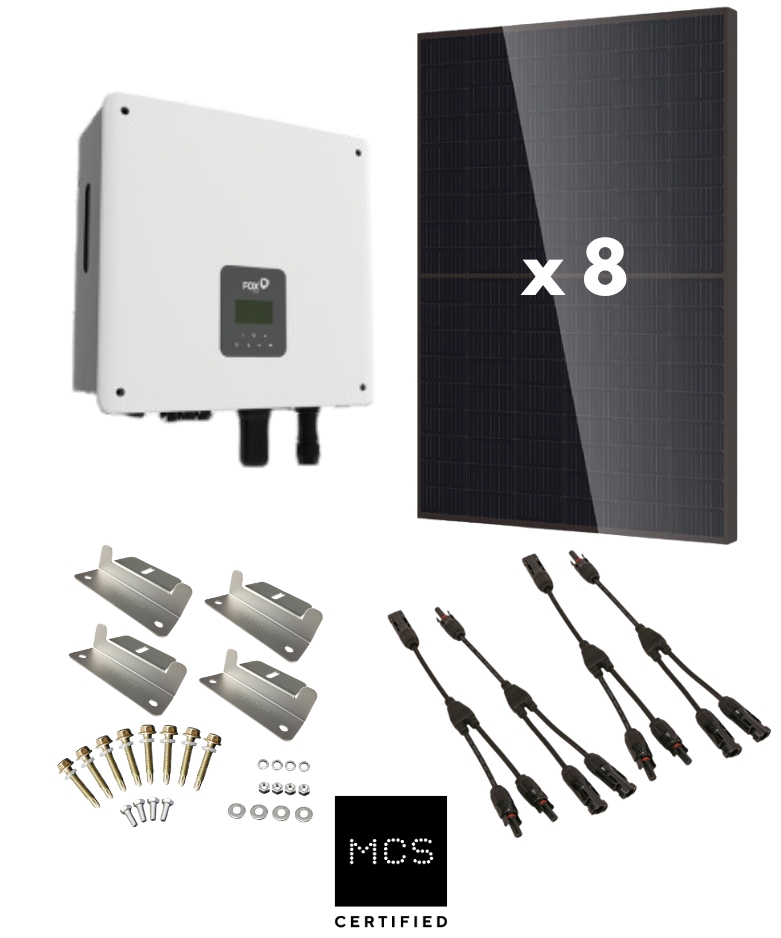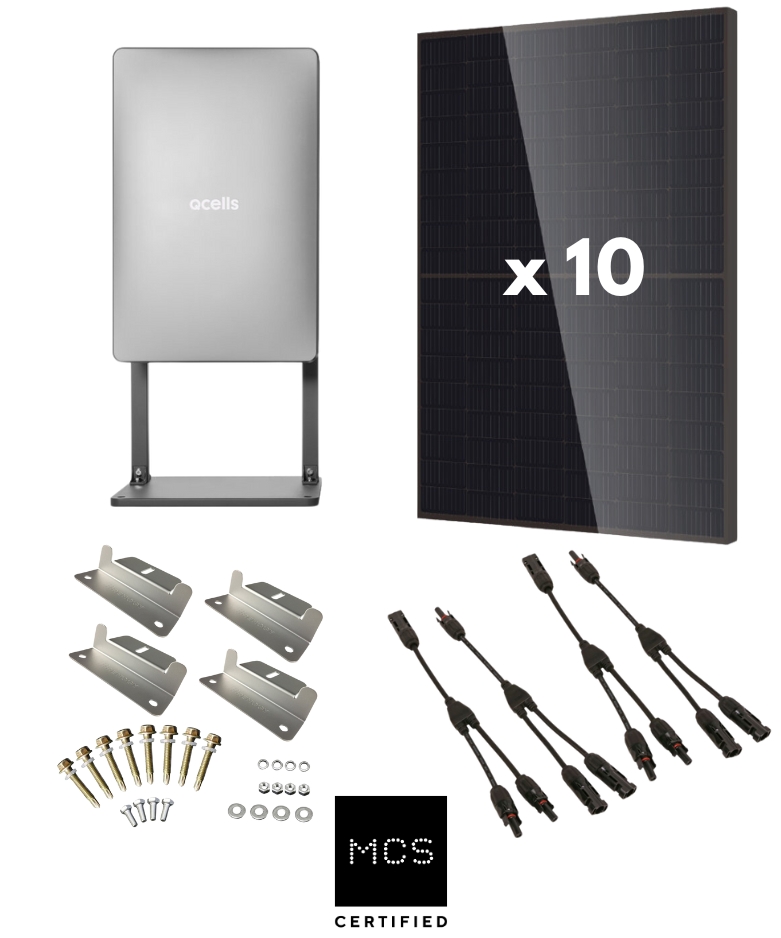Domestic Solar
Embracing solar energy for your home opens up a world of possibilities, empowering you to take control of your energy usage, save money, and make a positive impact on the environment. By installing solar panels on your rooftop, you can harness the abundant power of the sun to generate clean, renewable energy right at your doorstep. Not only will you enjoy significant cost savings on your electricity bills, but you’ll also reduce your carbon footprint and contribute to a more sustainable future for generations to come. With solar energy, your home becomes a beacon of eco-friendly living, energy independence, and financial resilience.
Benefits of Domestic Solar
By embracing solar energy for your home, you can enjoy significant cost savings, energy independence, environmental sustainability, increased property value, and the peace of mind that comes with contributing to a cleaner and greener future. It’s an investment that pays off both financially and environmentally. There are several benefits of installing solar energy for homeowners. Here are some key advantages.
Frequently asked questions
What is Domastic Solar
Domestic solar refers to the use of solar panels installed at residential properties to capture the sun’s energy and convert it into electricity. This environmentally-friendly solution reduces reliance on traditional power grids and fossil fuels, promoting a sustainable source of energy.
Why Should I Get Domestic Solar?
Opting for domestic solar has several advantages:
- Cost Savings: Reduction in electricity bills as you generate your own power.
- Environmental Impact: Decreases your carbon footprint, contributing to cleaner air and conservation of natural resources.
- Energy Independence: Reduces dependency on external energy suppliers and increases resilience against power outages.
- Property Value: Potentially increases the value of your home, as solar installations are becoming a sought-after feature for homebuyers.
How Do Domestic Solar Systems Work?
Domestic solar systems consist of photovoltaic (PV) panels, an inverter, and a power grid connection. The PV panels convert sunlight into direct current (DC) electricity. This DC electricity is then converted to alternating current (AC) by the inverter, making it usable in your home. Excess energy can be stored in batteries or fed back into the grid, often resulting in credits from the power company.
What Size of System Would I Need?
The size of the solar system you need depends on several factors:
- Energy Usage: Your current electricity consumption patterns.
- Roof Space: The amount of unshaded area available for panel installation.
- Budget: How much you’re willing to invest initially. Typically, a UK home may require a system between 3 to 8 kilowatts to effectively reduce electricity bills.
How Long Does It Take to Install a Domestic Solar System?
Installation time can vary based on the size of the system and the specifics of your property. Typically, the installation of a domestic solar system can be completed within 1 to 3 days once all assessments and preparations have been made.
Maintenance Requirements for Domestic Solar Systems
Domestic solar systems are relatively low maintenance, which makes them an even more attractive option for homeowners. Here are the key maintenance tasks to keep in mind:
- Cleaning Panels: Regular cleaning is necessary to ensure that the panels are free from dust, debris, and any other obstructions like fallen leaves or snow, which could impede their efficiency.
- System Monitoring: It’s important to regularly check the inverter and other system components to ensure they are operating correctly. Many systems come with monitoring software that allows you to check your system’s performance from your computer or smartphone.
- Periodic Inspections: Arranging for professional inspections periodically can help catch and rectify any potential issues early, such as wear and tear or electrical faults, ensuring the system continues to operate efficiently.
By maintaining your solar system well, you can maximize its performance and lifespan, contributing to both environmental sustainability and long-term cost savings.
Get in touch with us
Featured Systems

3.6kW Hybrid inverter
- 10 x 405W LG solar modules
- 3.6kw Lux power Hybrid inverter
- 1 x 3.2kWh Greenlinx batteries
- Remote charging functions
- Luxpower Monitoring
- MCS Certificated
- G99 Application
- DNO approval
fitted from
£7794

3.6/5.0kW Inverter
- 10 x 450w Demgc Panels
- 1 x Qcell Home 3.6kw/5.0kw Hybrid Inverter
- 1 x Qcell Volt Battery 6.8kw
- All Mounting Components
- Fully Fitted
- Remote Charging Functions
- Luxpower Monitoring
- MCS Certificated
- G99 Application
- DNO Approval
- All Electrical Components
fitted from
£9794
Accredited With







